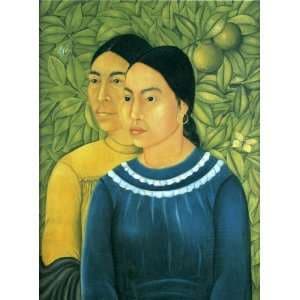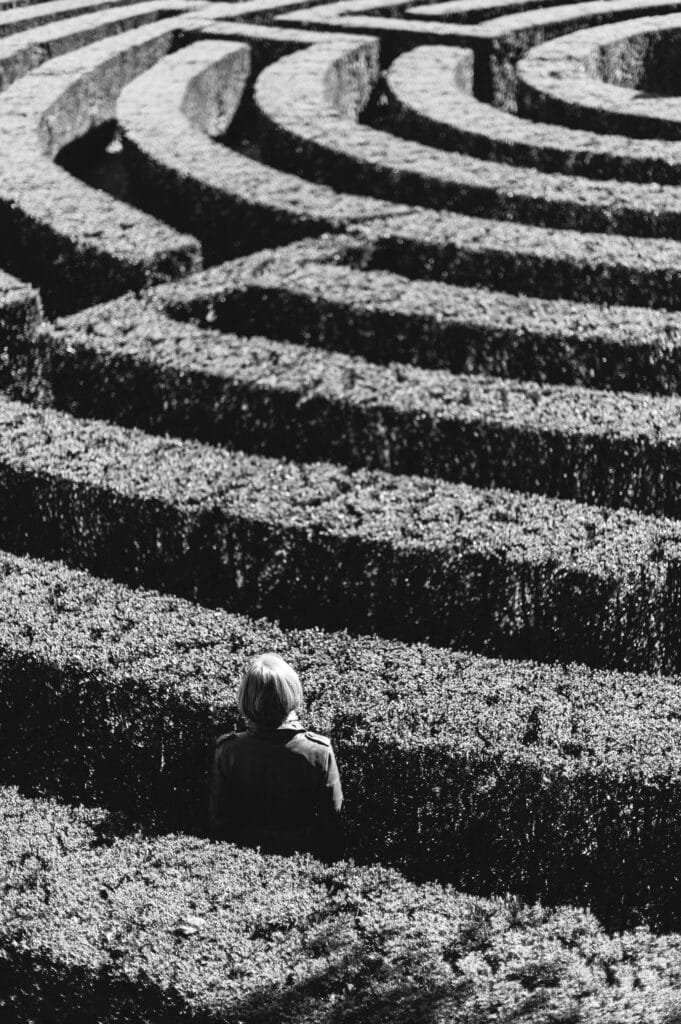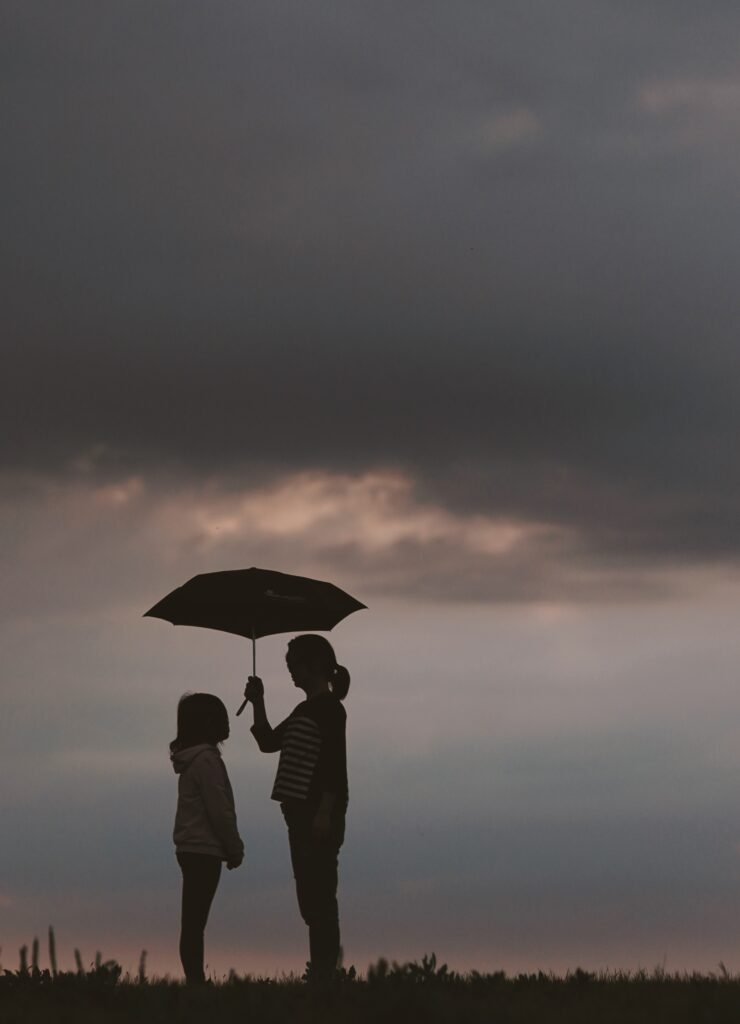Owning our Wounds is an Important Step in Owning our Power

The martyr archetype becomes strong in us through the unconscious belief that suffering is noble and that other women who refuse to suffer in the same way are betraying us. This puts women in a double-bind- “If I’m powerful, I will lose relationships, yet if I shrink and stay small, I lose myself.”
The martyr archetype arises from unmourned trauma that has become an identity which one protects and refuses to release– simply for fear of the pain that lies beneath it. This can manifest itself in many different forms between women. It also happens inter-generationally. For example, an older woman may unconsciously feel inferior to her bright young daughter and may have a fear of being surpassed or forgotten. Instead of working through these difficult feelings on her own, she may unconsciously and covertly make her daughter feel guilty or somehow shameful for her increasing independence or success.
It takes enormous courage and self-awareness to own our projections and not pass along our own pain onto others. Yet it is the task before us, requiring the best of us, and of which we are infinitely capable. The challenge has been that we have been taught to see our wounds as something to avoid, rather than the essential keys to our empowerment.
As daughters we have a built-in loyalty to our mothers and that’s partly why many of us feel afraid to be fully empowered. ‘Who am I to be amazing? My mother has sacrificed everything for me. What will happen to my mother if I am strong, powerful and confident? She may feel left behind. I can’t stand the feeling of surpassing my mother. She’ll be alone with her suffering.’
We may feel we have to return the sacrifice by not stepping into our power fully because our mothers did not have that chance.
Daughters in this situation often hold these beliefs:
“I have to “shrink” to be loved.”
“If I give to myself, I deprive others.”
“If I’m seen as powerful, no one will love me.”
As daughters we must refuse to be the food for the “starving mothers.” We cannot let them feed on our dreams through covert competition and guilt. This is not the true nourishment they seek, but in their pain, it may seem like there is no other way. We have to let our mothers have their suffering, for in the mourning of their wounds lies the gift of their own transformation.
Our mothers can only be fed by the relief of their own grieving.
As mothers, we have to mourn the ways we have been deprived and not put the onus on our daughters to compensate for our losses. We have to deal with our difficult feelings on our own time and not make it our daughter’s responsibility.
It’s totally natural for an older woman to seek solace in other women, even her daughter. But there is a line between honestly sharing how you’re doing and dumping your wounds onto the younger woman. Sometimes a mother may unconsciously look to her daughter for the mothering and nurturing that she did not receive from her own mother. This happens because the older woman is unaware that she has an “inner mother” she can cultivate and turn to for support. To prevent the wound from being passed to them, younger women must feel empowered to set a firm boundary when they become the dumping ground for the wounds of older women.
Mothers may unconsciously hold their daughters back due to their own ungrieved wounds, unknowingly crippling their daughters.
The patriarchal oppression of women will increasingly lose hold as older women take responsibility for their own pain and when younger women refuse to carry wounds that are not their own. This allows young women to walk confidently in the direction of their dreams without crippling shame or guilt.
We have to stop equating being a loyal daughter with carrying the unresolved pain of the women who have gone before us.
As daughters, our starvation serves no one, it only keeps the Mother Wound alive; the wound that gets passed down over and over again through the generations. When we offer ourselves up as food to the “starving mother”, the pain is passed on to us and we then become starving ourselves.
By sacrificing ourselves, and not stepping into our power for fear of threatening our mother/elder, we are serving our mother’s smallness, not her greatness. As daughters, part of stepping into our greatness is consciously and respectfully setting boundaries with other women who wish for us to stay small for the sake of their own insecurities.
We have to gain a sense of entitlement to ourselves and to living our greatness on our own terms.
Patriarchal society has taught us that we have to exchange our power for love. However, the love we receive in exchange for our power is not actually love. We have to be willing to examine and re-evaluate relationships that benefit from our smallness. We have to see the futility of expecting true comfort from those that are threatened by our potential, even if those people are other women who we love. Women who cut other women down, either consciously or unconsciously, are coming from a place of woundedness. We can show them that there is a different way.
We can model to each other that it IS possible to be powerful AND to be loved.
We must change the “either/or” framework into a “both/and.” We have to take the risk of being authentic and setting boundaries. We may be pioneers, blazing a new trail without many models and with few leaders, yet it IS possible! We are stepping forward, stepping up to this challenge and finding other women who are mutually supportive as we embrace this new paradigm that supports the greatness in all of us.\
Art credit: Two Women by Frida Kahlo




